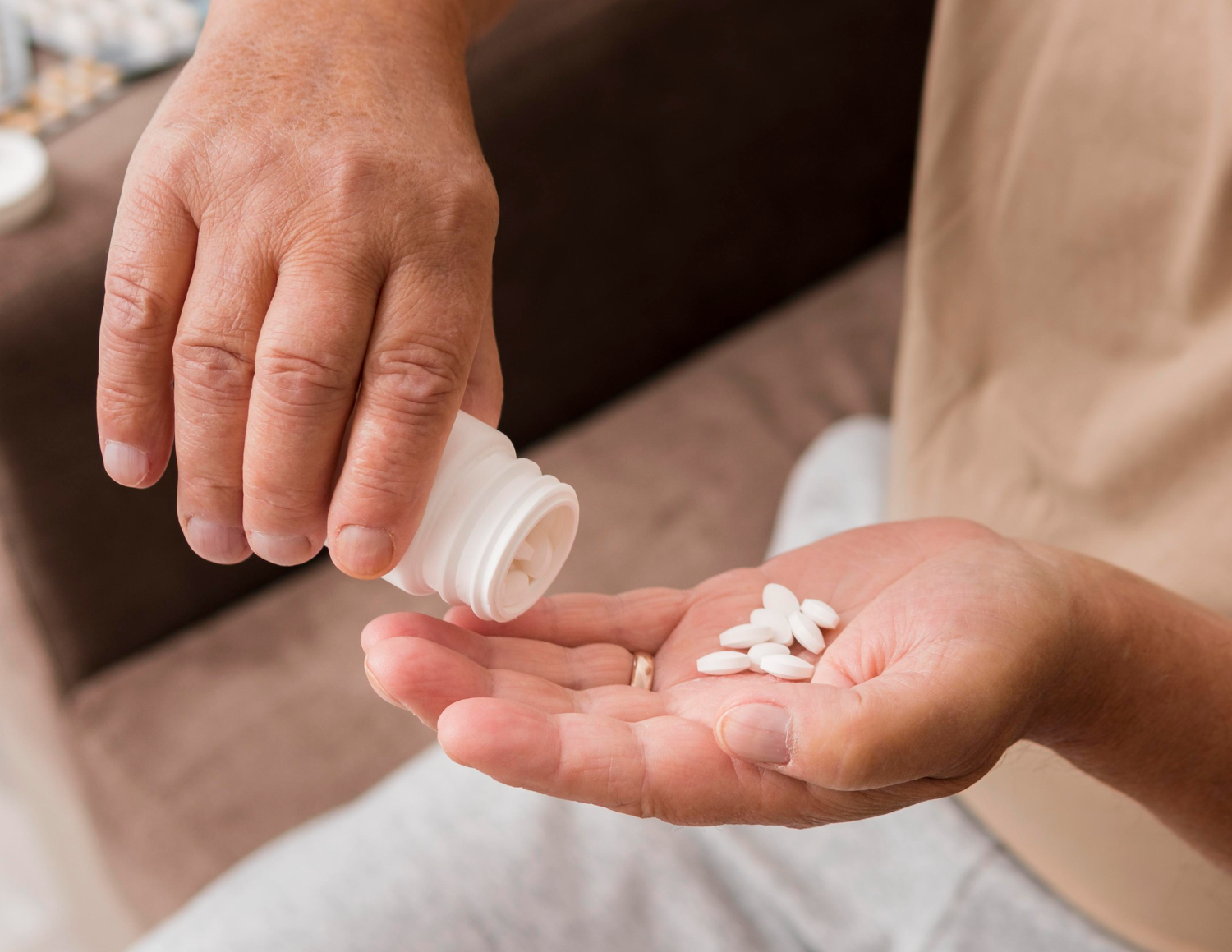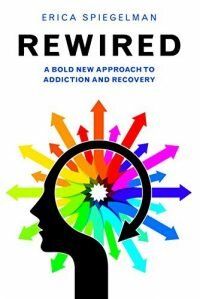
When considering group therapy versus individual treatment for substance use disorders, it is important to weigh the advantages and disadvantages of each approach. Group therapy offers the opportunity to share experiences and receive support from peers facing similar challenges. On the other hand, individual treatment allows for personalized attention and tailored interventions to address specific needs.
Research suggests that both group and individual therapy can be effective in promoting long-term recovery from substance use disorders. Group therapy provides a sense of community and belonging, which can enhance motivation and accountability. It also offers the chance to learn from others and develop interpersonal skills.
However, some individuals may prefer the privacy and focused attention that individual treatment provides. Ultimately, the decision between group and individual treatment should be based on individual preferences and needs. Some may benefit more from the social support and shared experiences in group therapy, while others may thrive in a more personalized and focused setting.
It is important to consider factors such as comfort level, treatment goals, and therapeutic approach when making this decision.
Effectiveness of Group Therapy
Group therapy for substance use disorders is a recognized form of treatment that offers individuals a supportive environment for recovery. Research indicates that group therapy can lead to reductions in the use of substances such as cocaine, methamphetamine, marijuana, and opioids. Evidence suggests that cognitive behavioral therapy (CBT) and contingency management are effective approaches in group settings.
Various factors, including patient characteristics, treatment duration, completion rates, and aftercare services, play a crucial role in the success of group therapy interventions. By providing peer support, combating isolation, and drawing inspiration from others' recovery experiences, group therapy can be beneficial in addressing issues like depression, anxiety, and shame among individuals struggling with substance use disorders.
Benefits of Individual Treatment
Individual treatment for substance use disorders offers personalized attention and confidentiality to individuals seeking help. These one-on-one sessions with trained professionals, such as psychologists or counselors, aim to address the roots of addiction and manage co-occurring mental health conditions effectively.
Tailored treatments are designed using evidence-based techniques like Cognitive Behavioral Therapy (CBT) and Motivational Interviewing, ensuring focused support for individual needs. This personalized approach allows for a deeper exploration of underlying issues contributing to substance use, enhancing the effectiveness of the treatment plan.
While individual treatment requires motivation and commitment from the individual, it provides a safe and private space for exploration and healing, fostering a more personalized and effective recovery journey.
Comparison of Patient Outcomes
Comparing patient outcomes between group and individual therapy for substance use disorders offers valuable insights into treatment effectiveness. Studies indicate that group therapy is equally effective as individual therapy in reducing cocaine use among individuals with substance use disorders.
Cognitive behavioral therapy (CBT) and contingency management have shown superior efficacy in reducing cocaine use within group therapy settings compared to standard individual treatments. Factors such as patient characteristics, treatment duration, completion rates, and engagement in aftercare services play significant roles in determining the success of group therapy for substance use disorders.
Considering these factors is crucial in selecting the most appropriate treatment approach for individuals grappling with substance use disorders.
Factors Influencing Treatment Success
Consideration of patient characteristics, treatment duration, and completion rates significantly influences the effectiveness of group therapy interventions for substance use disorders.
Cognitive behavioral therapy (CBT) and contingency management have demonstrated efficacy in reducing cocaine use within group therapy settings. Studies indicate that group therapy generally results in reduced cocaine use compared to standard individual treatments for substance use disorders.
The choice of group therapy modality can also impact treatment outcomes. Moreover, the implementation of aftercare treatments post-group therapy is crucial in maintaining positive treatment results for individuals grappling with substance use disorders.
The choice of rehab and the professionals you will work with are crucial determinants of your recovery success. It's essential to select a rehab facility with a proven track record, experienced and certified staff, and a comprehensive treatment approach tailored to your specific needs. Look for programs that offer a combination of group therapy, individual counseling, and aftercare support to ensure a holistic recovery process. A good rehab should also provide a supportive and safe environment where you feel comfortable and motivated to heal.
For those seeking effective treatment, we highly recommend New Chapter Faith Recovery, which specializes in Partial Hospitalization Programs in New Jersey. Their expert team and tailored approach can provide the support and care you need on your journey to recovery.
You can find their contact details below:
Implications for Aftercare Services
After completing group treatment for substance use disorders, the incorporation of aftercare services is crucial for improving long-term recovery outcomes. Personalized aftercare plans are essential in providing support to individuals post-group treatment, minimizing the risk of relapse, and fostering sustained abstinence.
These aftercare services, customized to meet individual needs, may encompass ongoing therapy, participation in support groups, medication management, and lifestyle adjustments. Participation in aftercare services is associated with enhanced mental health and overall well-being, underscoring the significance of ongoing support beyond group therapy.
Conclusion
To sum up, whether you opt for group therapy or individual treatment for substance use disorders, both options can be effective in supporting recovery.
Group therapy offers peer support and a sense of community, while individual treatment provides personalized attention and confidentiality.
Ultimately, the decision may come down to your preferences and needs. Remember, the most important thing is to seek help and stay committed to your recovery journey.
You aren't alone in this process.




